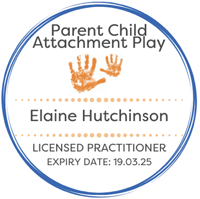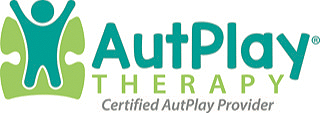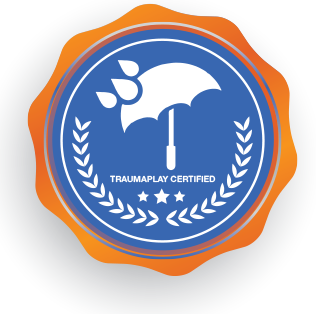Creating Calm Blog
- Details

1. Where are you based?
My studio is at Mendip Court, South Horrington, Wells. BA3 2DG.
- Details

1. I’m a teen – there’s loads of ‘kids’ stuff’ in your room. Is therapy with you just for kids?
I work with kids, teens and adults and all in pretty much the same way. I’m a creative arts therapist as part of my job so all the bits and pieces in my room are part of that. A lot of the therapy I use is therapy which has come down from adult therapy into the kids and teens therapy world, rather than it being the other way around. Sand tray therapy is a great example of this.
- Details

1. My child is in secondary school. How can you help?
I work with children and teens aged 5-18.
With the younger children I usually work using non-directive play therapy and often integrate elements of other models depending on the specific needs of the client.
- Details
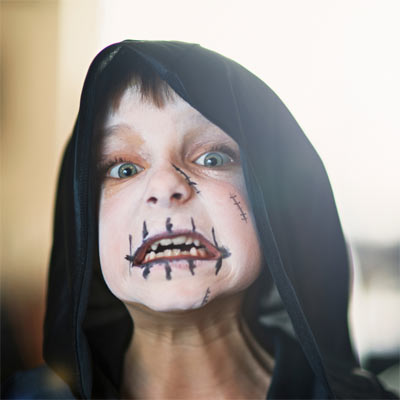
With Halloween approaching, it seemed like a good time to look at Teraphobia – or the fear of monsters.
Imaginary friends are an integral part of growing up for many children. These friends can take on many roles; comforter, companion, someone to boss around and someone to blame when things go wrong. They tend to emerge around the age of three when children are beginning to use complex fantasy play to make sense of the world.
Ways To Help Your Kids If They Take Drugs
- Details

Feeling stressed that your teen is doing drugs? Don’t know what is the right way to react? Read this guide to mindfully handle the situation!
According to a recent BBC report this year, one in 10 teens in the UK has tried hard drugs including cocaine, ketamine, acid, ecstasy, acid and other psychoactive substances.
Read the full article below:
- Details

Whether you are a teenager or an adult involved with teenagers, the teenage brain can be baffling at the best of times.
In this article, I will be briefly exploring some key teenage behaviours and how they are neurologically, psychologically, and physiologically explained.
- Details
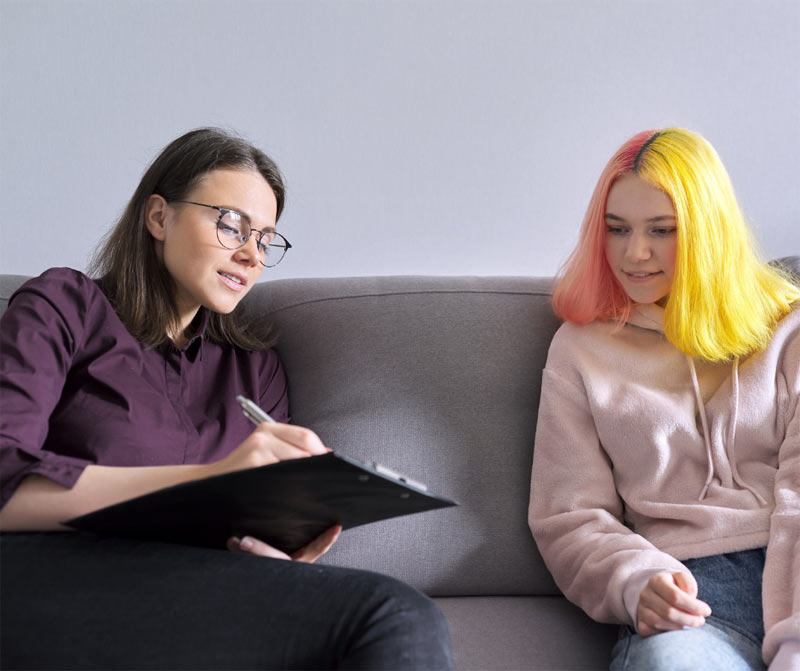
43 questions to ask your therapist or counsellor before starting working with them
How To Talk About Sexuality With Teenagers Without Taboos Or Clichés?
- Details

Uncomfortable to ask your teen about their gender identity? Afraid they might have unhealthy sex? Our experts will give you proven successful techniques that will let you talk to your teenagers about sexuality, with ease and confidence!
Read the full article below:
https://insights.gostudent.org/en/how-to-talk-about-sexuality-with-teenagers
- Details

Lots of children really enjoy sensory experiences from a young age and a lot of adults enjoy them too – think of the pleasure of putting your hot feet into the cool sea on a hot summer’s day or running sand through your fingers on the beach.
- Details

Stories are a resource used again and again in therapy to support children and teens. Stories have been used since time began for teaching, healing and sharing experiences.
- Details
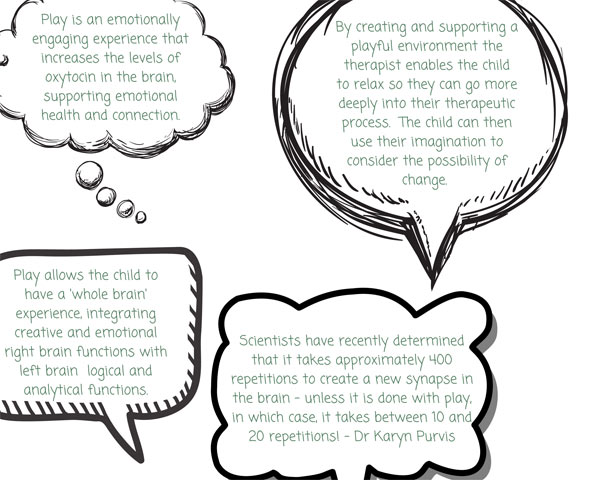
Neuroplasticity is defined as 'the brain's ability to reorganize itself by forming new neural connections'.
- Details
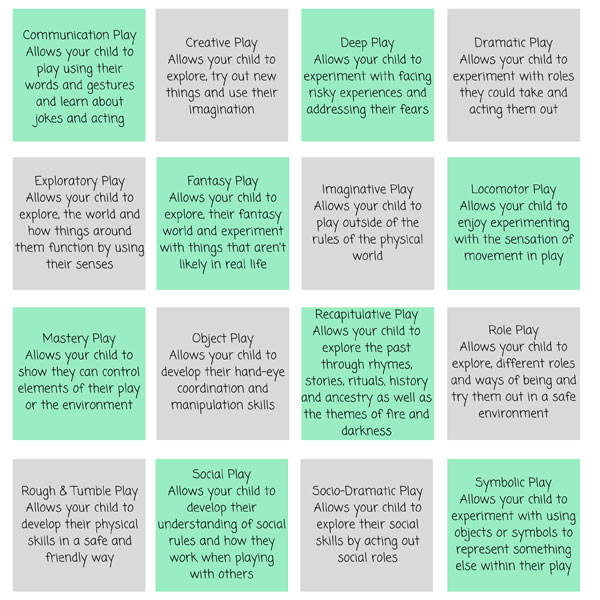
Communication Play
Allows your child toplay using their words and gestures and learn about jokes and acting
- Details
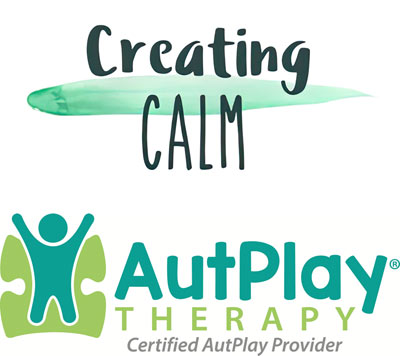
If you know a child who struggles with anxiety, joining in with friends, melt-downs, aggression or unwanted behaviours (such as tics or stimming) then play therapy, particularly AutPlay, may be worth considering as a way of supporting them.
- Details
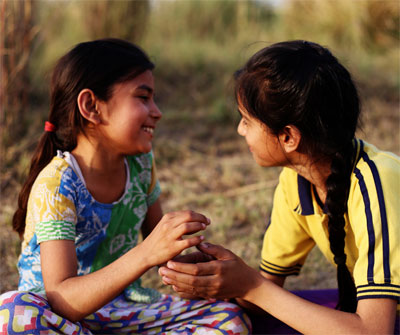
According to the National Trust, children now spend half the time playing outdoors than their parents did, averaging just over four hours a week.
- Details

Eating disorders are a range of psychological conditions that cause unhealthy eating habits to develop. They can affect anyone at any age at any time. They are not a choice and are not a lifestyle decision. Working out why someone develops an eating disorder can be incredibly complicated and depend on several factors including: genetics, brain biology, personality traits, and cultural ideals.
- Details

Many of us grew up with much loved pets who we went to when life got a bit tough but animal-assisted therapy (AAT) is far more than that simple interaction between a child or teen and a pet. That is a part of it, but in AAT the purpose is to help the child or teen learn to manage the big feelings or stressful situations that brought them to therapy in the first place and the animal is an integral part of what happens next. (I will write about dogs in this article, but there are many types of animals that can work as therapy animals.)
- Details

Children do not have the inner resources to deal with the big feelings they often experience and need help to process them. Without that help, the feelings become a big, tangled mess inside the child and often spill out as unwanted behaviours which make things incredibly hard for the child and those around them such as aggression, bullying, anxiety, fears and phobias, hyperactivity and other uncontrollable or worrying behaviours.
- Details
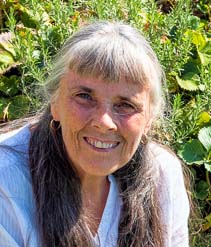
Hello, I’m Beth Webb. I’m a professional storyteller and a children’s author.
I tell stories for fun in performances, I tell therapeutic stories in pictures for those for whom words are just too much or too difficult (https://booksbeyondwords.co.uk/about), and sometimes I help people write (or draw) their own stories to say the unsayable.
When Elaine asked me to write about the importance of therapeutic storytelling for #NationalStorytellingWeek, I didn’t want to just give you a list of bullet points and academic explanations of why and how I do what I do.
- Details

I’m probably giving far too much away about my age, but I grew up sharing many bear stories with my parents, especially my father. Paddington and Winnie the Pooh were two of my favourite bedtime reads and whilst Paddington showed much wisdom in relation to marmalade and taught us all a lot about being an orphaned migrant, Pooh and his friends have much to teach us about coping with life and acceptance of both ourselves and others.
- Details

New beginnings play a really important role in therapy – both in terms of starting therapy itself and the fresh start at the beginning of each session that we have together.
- Details

It's been five months since I moved into the Studio, so I thought I would update you with everything that has been going on.
- Details
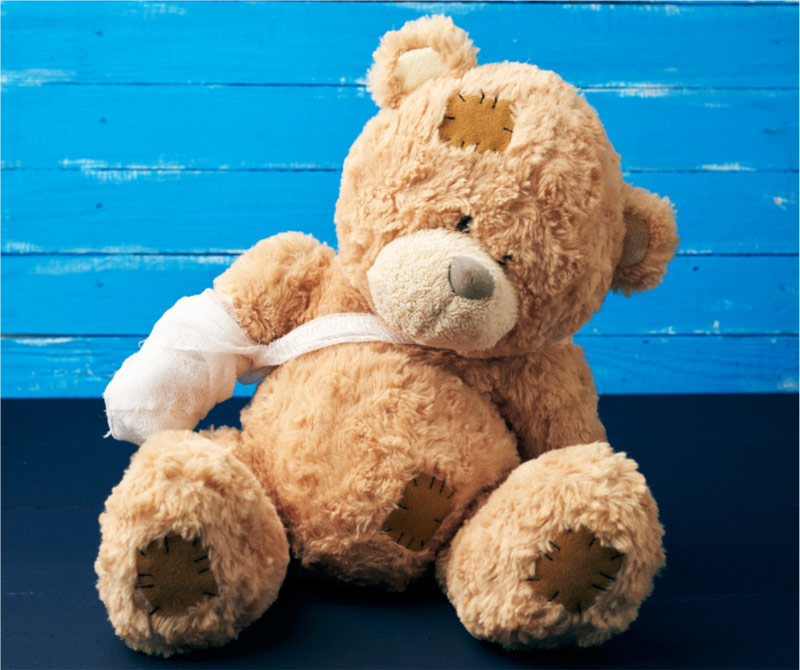
Some children and young people deliberately hurt themselves as a way of coping with negative events or difficult feelings they have experienced.
- Details
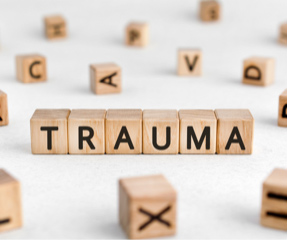
When a child or young person is having a hard time, often they don’t have the words to explain how they feel, or don’t believe (for many reasons) that they can share their experiences.
- Details

Dear Parents and Carers
Further to the government’s announcement yesterday of the new National Lockdown, starting Thursday 5th November 2020, please read on to see my plans for how to move sessions forward and to keep you and your child safe.
With thanks. Elaine
- Details
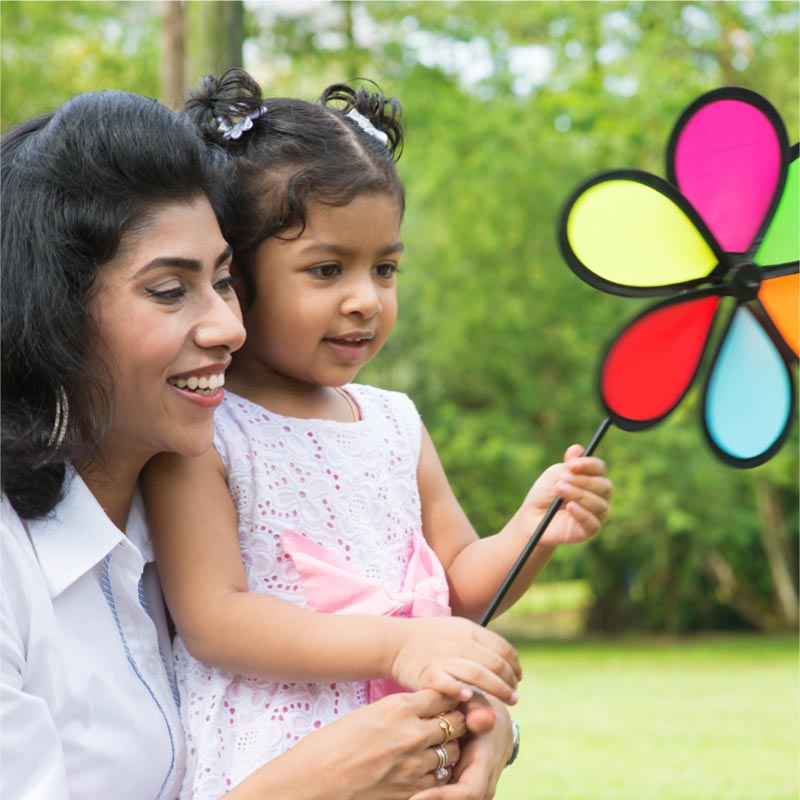
Whilst spending quality time with your child is great for bonding and relationship building, giving your child time and space to develop their own independent activities and playtime is equally important.
- Details
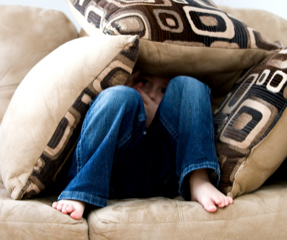
How it supports children and young people who have experienced trauma and adverse childhood experiences (ACES)
- Details

Last in the series, this article will explore a few more of the tools and techniques we use in therapy that often don’t feature as predominately as tools like sand, clay and drawing.
- Details
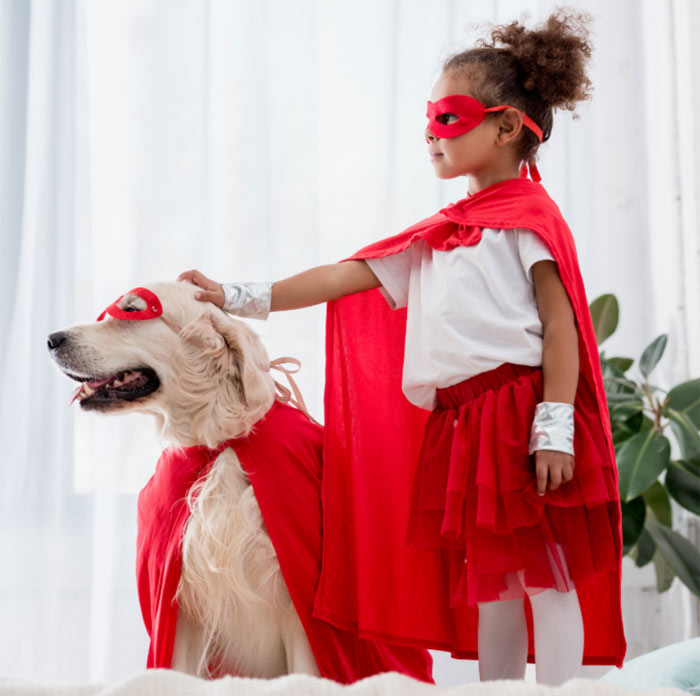
Following on from my last two articles, this will explore a few more of the tools and techniques we use in therapy that often don’t feature as predominately as tools like sand, clay and drawing.
- Details

Following on from my last article, this will explore a few more of the tools and techniques we use in therapy that often don’t feature as predominately as tools like sand, clay and drawing.
- Details
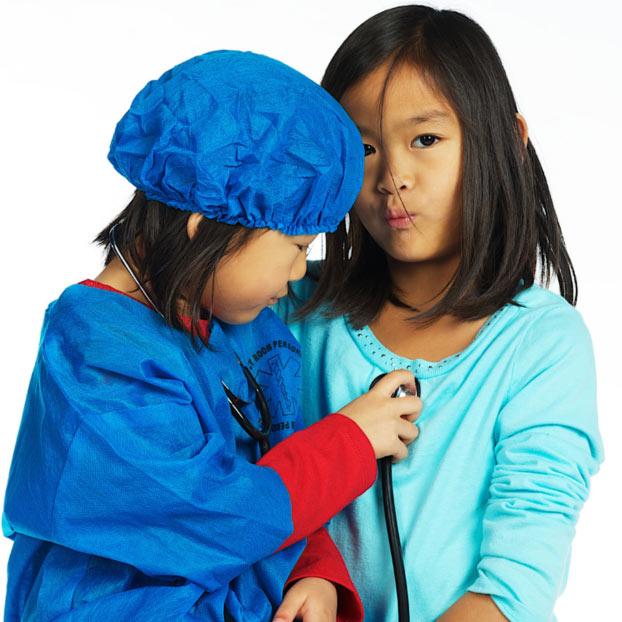
As a therapist, I have a range of materials that clients can draw on in their therapy to help them make sense of their experiences and this article explores a few of the tools and techniques we use in therapy that often don’t feature as predominately as tools like sand, clay and drawing.
- Details
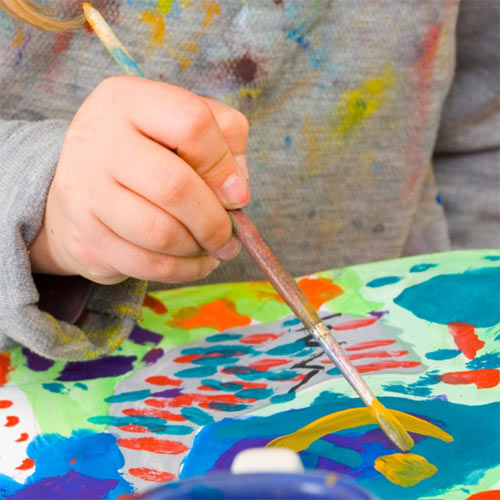
As a therapist, I have a range of materials that clients can draw on in their therapy to help them make sense of their experiences and drawing or painting are used by many clients.
- Details

Emotional Logic is a quick and easy life skill to learn. As a child therapist, I use this model to support my older children and young people.
- Details
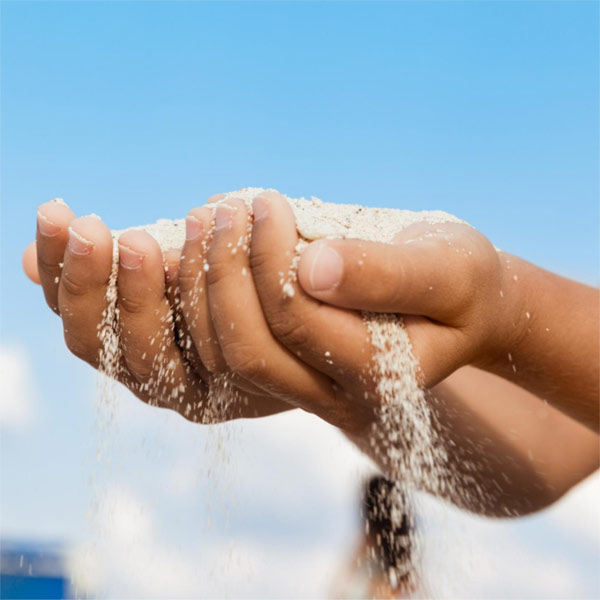
As a therapist, I have a range of materials that clients can draw on in their therapy to help them make sense of their experiences and one of the most used by clients is sand. One of the beautiful things about sand is that it’s benefits in therapy are universal and don’t depend on age or artistic ability or even a shared spoken language.
- Details
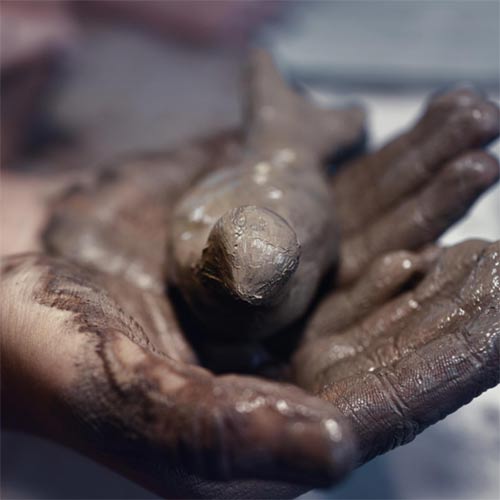
As a therapist, I have a range of materials that clients can draw on in their therapy to help them make sense of their experiences and one of the most popular is clay.
- Details
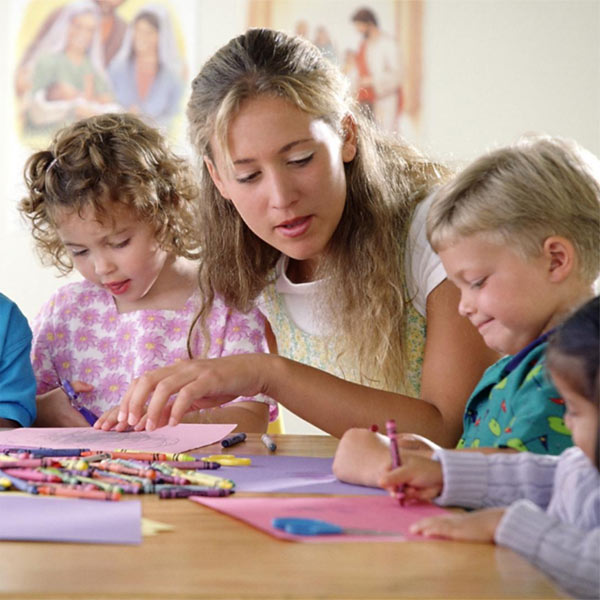
Although play therapy is often a 1:1 experience, with the client working solely with the therapist, there are times, when as play therapists, we provide group therapy.
- Details

Step inside and take a look around Cherry Tree Studio where I work in Wells, Somerset.
- Details

5 million grandparents take on some childcare responsibilities on a regular basis in the UK. Nearly all of them (88%) enjoy spending time with their grandchildren with 50% of them saying caring for grandchildren helped keep them physically and mentally active.
- Details

Emma is an eight year old girl who lives in Bristol with her mum and her two older sisters. Dad is not at home and she’s had a series of disappointments around mum’s short term (and often suddenly disappearing) boyfriends who she has often got to like. She’s your average kind of eight year old: behaving ok at school generally; seems really happy with her friends; likes gym and horses.
- Details

One of the biggest concerns we face as parents is keeping our children safe in this pandemic, even though we seem to have passed the peak.
As a parent, I would want to know that anyone my child was seeing was putting my child’s safety at the forefront of what they were doing, so I thought I would explain how I am working to keep your child safe in my playroom.
- Details
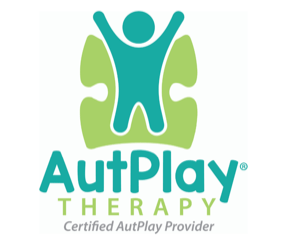
If you know a child who struggles with anxiety, joining in with friends, melt-downs, aggression or unwanted behaviours (such as tics or stimming) then play therapy, particularly AutPlay, may be worth considering as a way of supporting them.
- Details
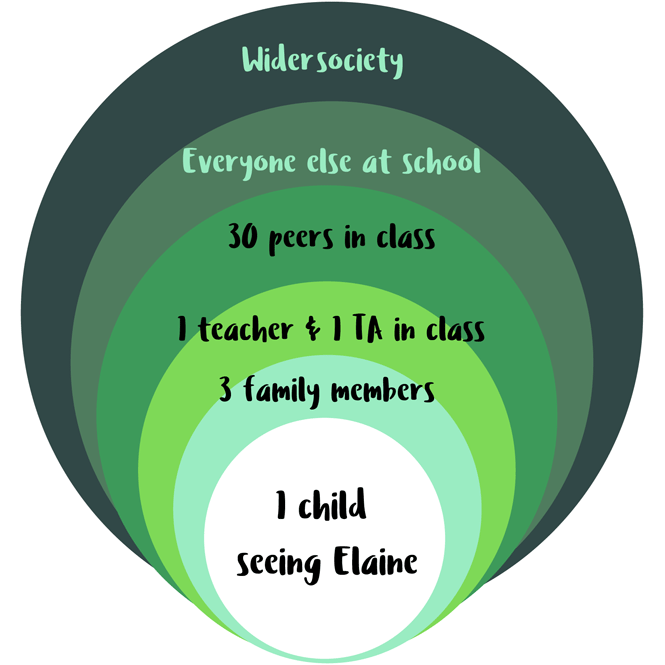
The ripple effect of play therapy is often forgotten in the midst of schools often only seeing the 'one child' a therapist works with in a single session.
As a therapist in school, I can see up to six children in a day, which amplifies the benefits further.
- Details
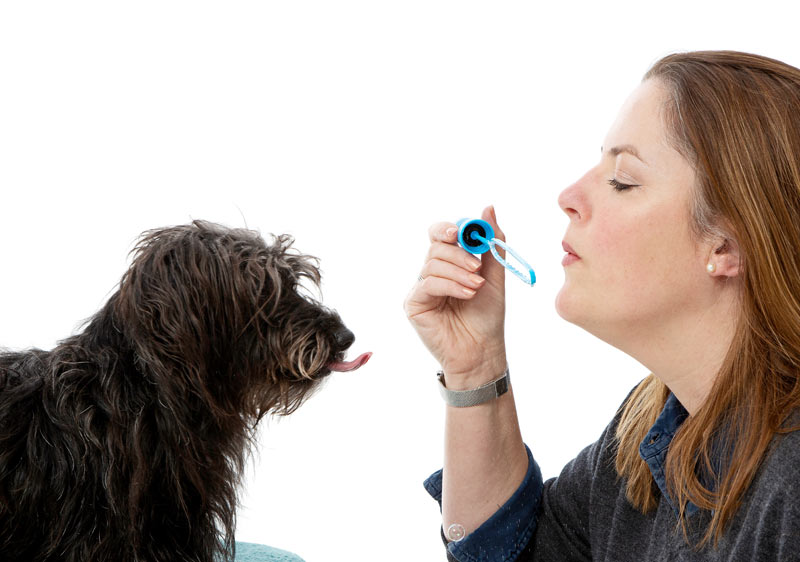
As you might know, I often work with a ‘furry-side kick’ in my playroom. Orca, the therapy dog, is a collie poodle cross who adores sharing time with my clients. She’s only there if she’s wanted by the child or young person I am working with and we go through an introduction session first.
- Details
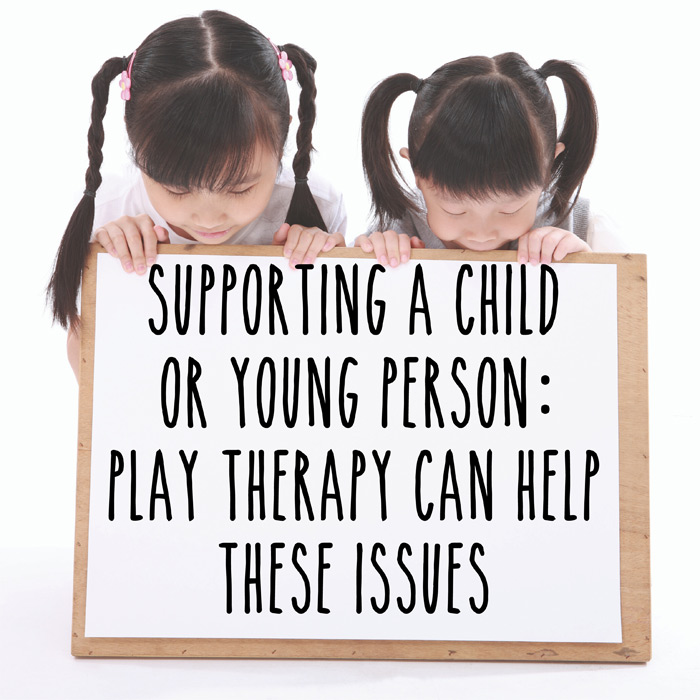
The top 46 reasons why a child or young person comes to play therapy
If you are supporting a child or young person, play therapy can help with these issues:
- Details
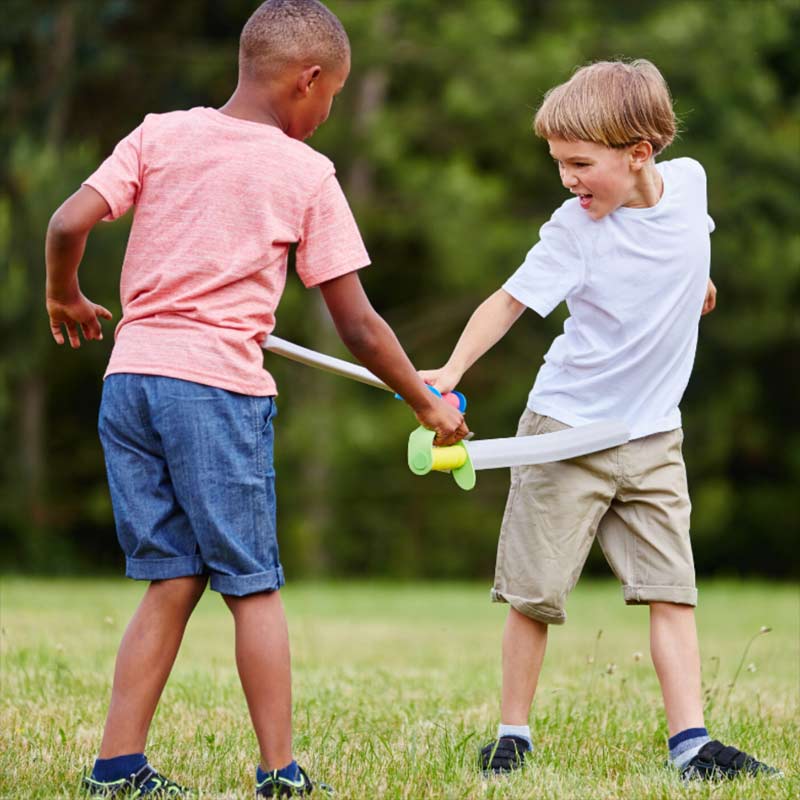
Aggression in play is hard… as the adult it takes you right to the edge of what you can hold from an energy perspective and can leave you feeling tired and drained. Even as a trained and experienced therapist, it can be hard work!
- Details
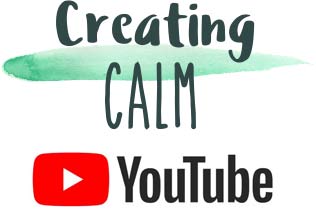
If you have missed my live Facebook video series 'One Thought @ 1pm', you can see all the videos on my YouTube Channel.
Subscribe to my channel or follow me on Facebook to make sure you see all future episodes.
- Details
First of the Monday Series from 'One thought @ 1pm' from Elaine Hutchinson at Creating Calm.
This looks at the play therapy journey from the parent (or other key adult) perspective - from referral, through initial intake meeting, how a typical session could look, to review and ending meetings. How they work and what you need to know...
- Details
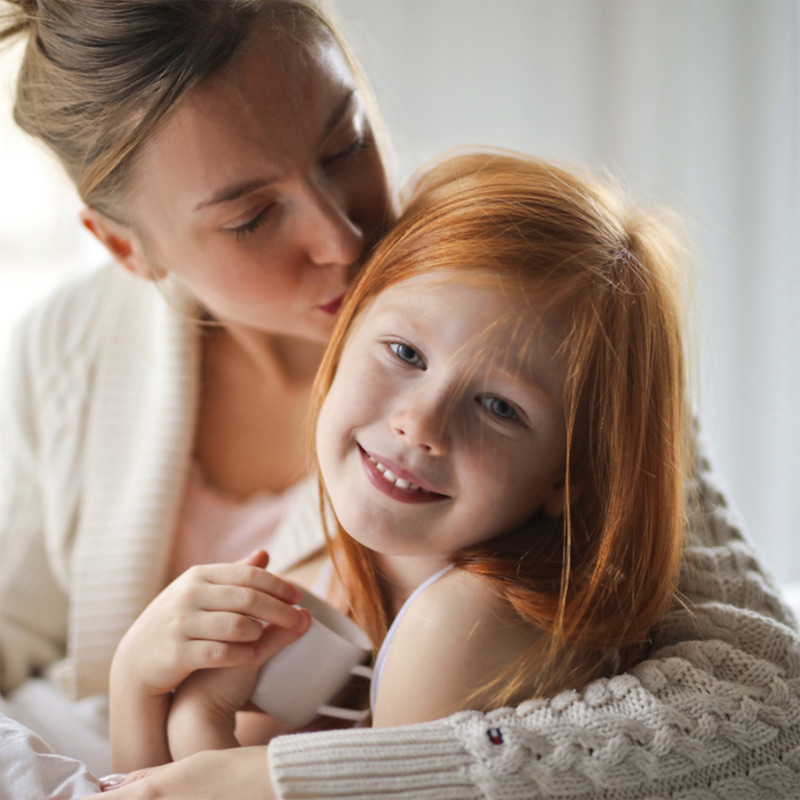
Play is the natural language of children.
Whenever your child asks you to play with them, they are inviting you into their world to share how they are feeling and how they understand that world. They won’t come in from school or nursery and say, ‘Phew, that was a tough day!’, they will say, ‘Come and play with me…’
All Blogs:
-
January 2022
-
December 2021
-
November 2021
-
October 2021
-
September 2021
-
August 2021
-
July 2021
-
June 2021
-
May 2021
-
April 2021
-
March 2021
-
February 2021
-
January 2021
-
December 2020
-
November 2020
-
October 2020
-
September 2020
-
August 2020
-
July 2020
-
June 2020
-
May 2020
-
April 2020
In order to provide you with the best online experience this website uses cookies. By continuing to use our website, you agree to the use of cookies.

